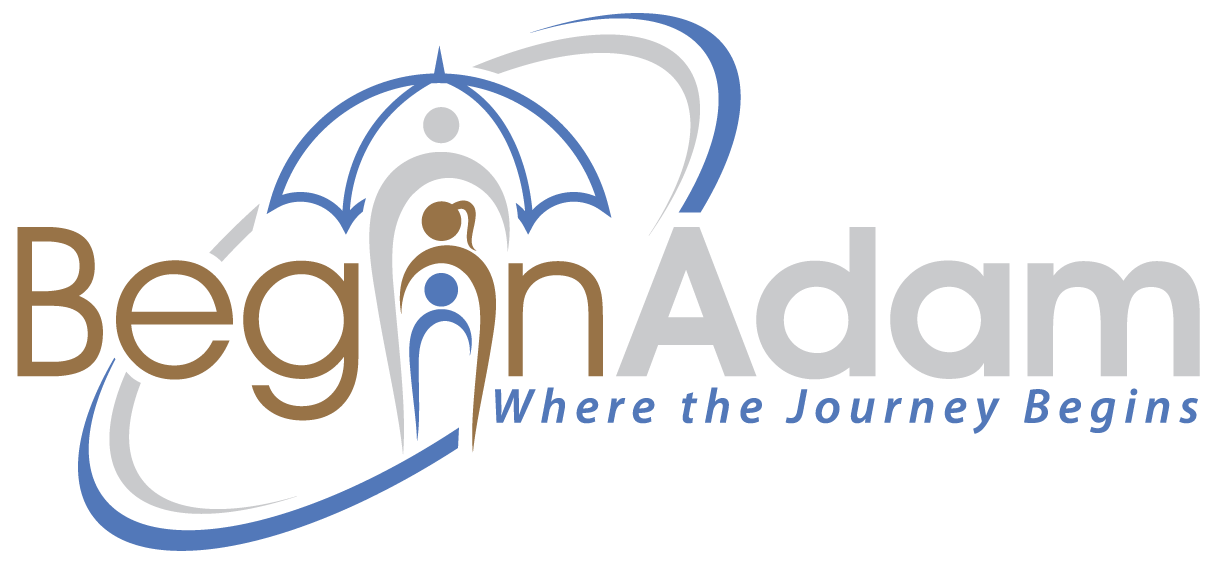Critical Illness, Vision and Dental
Critical Illness
Standalone policies available for critical illness
As people age, the likelihood of experiencing a critical illness, vision, or dental issue increases. While traditional health insurance can help cover the costs associated with medical treatment, it may not provide adequate coverage for certain conditions. That’s where critical illness, vision and dental insurance come in.
In this article, we’ll discuss the types of standalone policies available for critical illness, vision and dental insurance, and how they can benefit both those under 65 and those eligible for Medicare. We’ll also discuss the importance of working with a faith-based agent when selecting insurance coverage.

Critical Illness Insurance
Critical illness insurance is designed to help cover the costs associated with a serious illness or condition. Here are the types of standalone policies available
Cancer Insurance
Cancer insurance provides financial support for cancer patients and their families. It typically covers the costs associated with treatment, including chemotherapy, radiation, and surgery.
Heart Attack and Stroke Insurance
Heart attack and stroke insurance provides financial support for those who have suffered a heart attack or stroke. It typically covers the costs associated with hospitalization, medical treatment, and rehabilitation.
Pros:
- Provides financial support for unexpected medical costs
- Can help ease the financial burden on families
- May offer a broad network of healthcare providers to choose from

Cons:
- Can be expensive
- May have limitations on coverage
Target Demographic
Critical illness insurance is suitable for individuals who want financial support in the event of a serious illness or condition. It can be particularly beneficial for those who may not have adequate savings to cover the costs associated with treatment.
Vision Insurance
Vision insurance helps cover the costs associated with routine eye care, as well as corrective lenses and frames. Here are the types of standalone policies available:
Vision Insurance: Vision insurance companies provides coverage for routine eye care, including exams, glasses, and contact lenses. It may also cover a portion of the cost associated with corrective eye surgery
Pros:
- Helps cover the cost of routine eye care
- May offer discounts on corrective lenses and frames
- Can help prevent vision problems
Cons:
- May have limitations on coverage
- Premiums can be expensive
Target Demographic: Vision insurance is suitable for individuals who want coverage for routine eye care, as well as discounts on corrective lenses and frames. It can be a good option for those who wear glasses or contact lenses or have a family history of vision problems.
Dental Insurance
Dental insurance helps cover the cost of routine dental care, as well as more complex procedures such as root canals and crowns. Here are the types of standalone policies available:
Dental Insurance: Dental insurance provides coverage for routine dental care, such as cleanings, fillings, and X-rays, as well as more complex procedures, with higher coverage levels for more complex procedures.
Pros:
- Helps cover the cost of routine and complex dental care
- May offer a broad network of dentists to choose from
- Can help prevent oral health issues
Cons:
- May have limitations on coverage
- Premiums can be expensive
Target Demographic: Dental insurance is suitable for individuals who prioritize dental health and want coverage for both routine and complex dental procedures. It can be a good option for individuals who need ongoing dental care.
Working with a Faith-Based Agent
When selecting standalone insurance policies, it’s important to work with a faith-based agent who shares your values and can help you find insurance options that align with your beliefs. A faith-based agent can also provide personalized service and guidance throughout the insurance selection and purchasing process.
In addition, faith-based insurance companies may offer policies that include specific benefits for members of their faith community. For example, some policies may provide coverage for alternative healthcare treatments, such as prayer or faith healing.
Overall, selecting the right standalone insurance coverage can be complex and overwhelming, but with the help of a faith-based agent, you can find coverage that fits your needs and values. When choosing a faith-based agent, look for someone who shares your beliefs and values and has experience in the insurance industry. They should be able to provide you with options for standalone policies that meet your specific needs and budget.
For those under 65, standalone policies can be a good option for those who may not have adequate coverage through their employer or traditional health insurance plan. However, it’s important to carefully consider the cost of the premiums and the extent of the coverage offered.
For those who are Medicare-eligible, it’s important to note that Medicare does not typically cover routine vision or dental care. However, there are standalone policies available specifically for Medicare beneficiaries that can provide coverage for these services.
Conclusion
In conclusion, standalone policies for critical illness, vision and dental insurance can provide important financial planning support for unexpected medical costs. By working with a faith-based agent, you can find coverage that aligns with your beliefs and values. It’s important to carefully consider the cost of the premiums and the extent of the coverage offered to ensure you are getting the coverage you need at a price you can afford.
